Dentures vs. Dental Implants: Which Is Right for You?

The Pros and Cons of Dentures and Dental Implants
Exploring Your Choices: Dentures or Dental Implants: A Comprehensive Comparison
If you're missing teeth and exploring replacement options, you're likely considering dentures or dental implants. Both solutions can enhance your smile, improve functionality, and boost confidence, yet they also come with distinct features, costs, and benefits. This article will help you navigate these options to determine which might best suit your needs.

What are the pros and cons of dentures versus dental implants?
Dentures and dental implants each have distinct advantages and disadvantages. Here’s a comparison to consider:
The Choice for Your Smile: Dentures vs. Dental Implants
When replacing missing teeth, you have two main paths: the traditional route of dentures or the modern standard of dental implants. Here’s a clear, honest look at how they compare in the areas that matter most.
A Closer Look at Traditional Dentures
Dentures are a removable, conventional solution for replacing teeth. While they have been used for decades, it's important to understand their real-world impact.
- Initial Cost: A Short-Term View
While the upfront cost of dentures is lower, they function as a temporary solution. They require refitting, relining, and full replacement every 5-8 years, leading to ongoing costs over your lifetime.
- Feel & Function: A Compromise
Because dentures rest on top of your gums, they can slip, click, or cause sore spots. This often means avoiding certain foods (like steak or apples) and can lead to a lack of confidence when speaking or laughing.
- Health Impact: The Hidden Risk
This is the most critical difference. Dentures do not stimulate the jawbone. Without that stimulation, the bone begins to shrink and recede. This process, known as bone resorption, can alter your facial structure over time, leading to a sunken appearance.
The Modern Solution: Dental Implants
Dental implants are a permanent, state-of-the-art solution designed to replicate natural teeth in every way. They are considered the gold standard in modern dentistry.
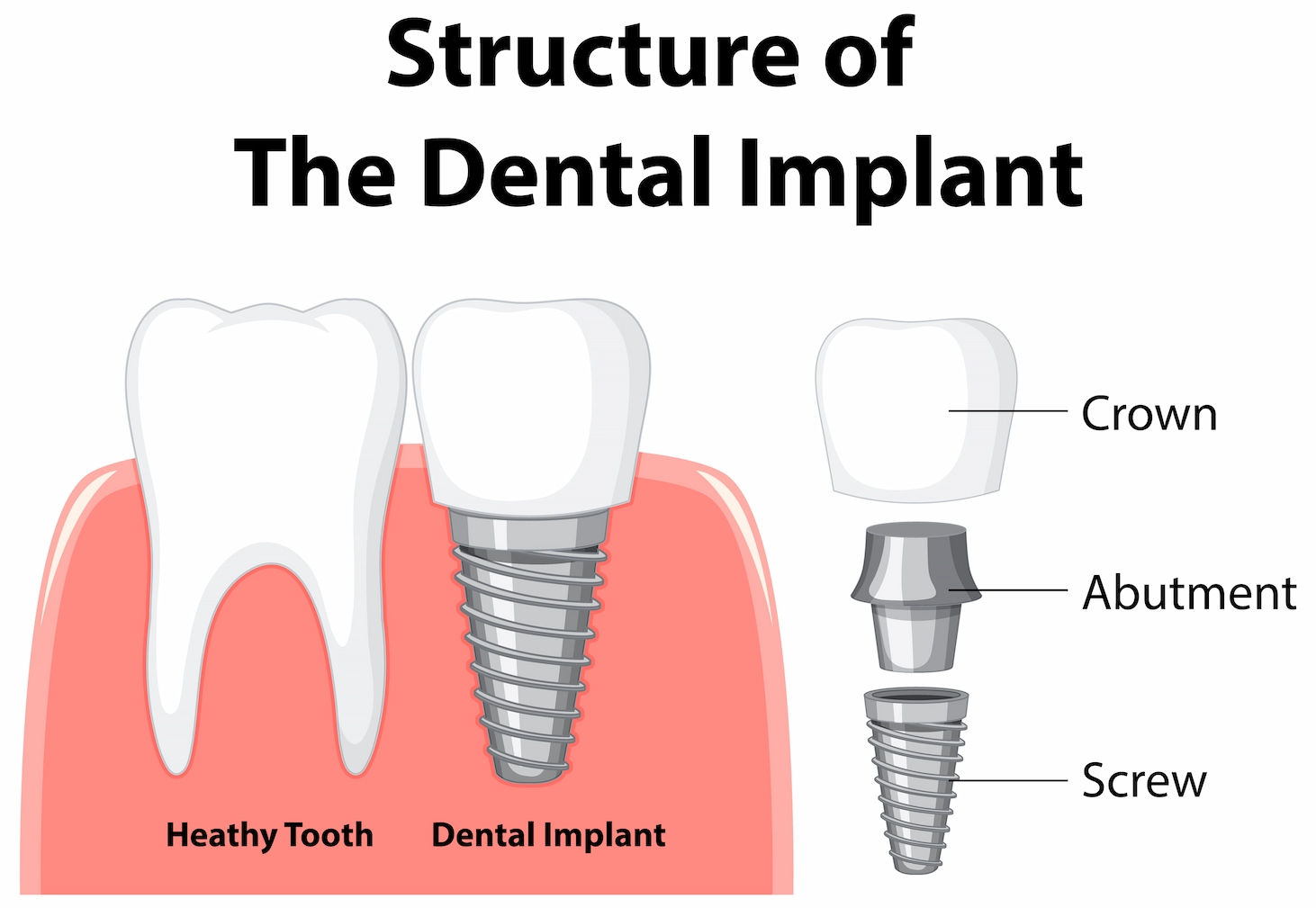
- Lifetime Value: A Permanent Investment
While the initial investment is higher, dental implants are built to last a lifetime with proper care. There are no replacement costs, no adhesives to buy, and no relining needed, making them the most cost-effective solution over the long term.
- Feel & Function: Completely Natural
An implant fuses directly with your jawbone, becoming a permanent part of you. It restores 100% of your natural chewing power and feels so secure and comfortable that you'll likely forget it's even there.
- Health Impact: Protecting Your Future
By acting like a natural tooth root, a dental implant stimulates and preserves your jawbone. This is the only tooth replacement option that actively prevents bone loss, protecting your facial structure and the health of your smile for decades to come.
The Verdict: An Investment in Yourself
While dentures offer a low-cost initial option, they come with compromises in comfort, function, and long-term health.
Dental implants represent a true investment in your quality of life. They provide a permanent, hassle-free, and natural-feeling solution that protects your health and gives you the unwavering confidence to eat, speak, and smile freely.
Understanding the Cost Differences

What are the cost differences between dentures and dental implants?
The cost differences between dentures and dental implants are significant. A standard set of complete dentures typically costs around $1,000, with the expectation that they will need to be replaced every 5 to 7 years. Comparatively, a single dental implant can range from $3,000 to $6,000. Despite the higher initial expense, implants can last a lifetime with proper care, making them potentially more cost-effective over time.
Long-term financial implications
While dentures may have a lower initial cost, the recurring expenses for replacements and adjustments can add up. Every 5 to 10 years, patients may need to invest in new dentures or maintenance. In contrast, dental implants, although more costly upfront, reduce the frequency of dental visits and long-term care, offering significant savings and peace of mind for patients who choose this route.
Insurance coverage considerations
Insurance coverage often plays a critical role in the decision between dentures and implants. Many insurance plans provide coverage for dentures, making them an appealing option due to lower out-of-pocket costs. However, dental implants, given their higher total costs, might not be covered to the same extent, potentially deterring some individuals despite their longevity and benefits.
Ultimately, the choice between dentures and implants requires careful financial consideration alongside personal health needs and preferences.
How Does Maintenance Compare Between the Two Options?

Daily Care and Cleaning Routines
Maintaining dental health is paramount, and the routines for dentures and implants vary significantly.
Differences in Long-term Maintenance
Long-term care presents crucial differences:
- Dentures: This removable solution demands considerable attention. They require daily cleaning with a specialized solution and soaking in cleaning agents. Dentures should also be removed at night to allow the gums to rest.
- Dental Implants: These replacements mimic natural teeth and require care similar to regular teeth. Users simply need to brush twice a day and floss while ensuring to maintain regular dental visits for cleanings.
Impact on Oral Hygiene
The impact on overall oral hygiene is notable:
The Truth About Dentures: Common Misconceptions

Challenges with Dentures
Dentures are frequently seen as a quick solution to tooth loss; however, they come with various challenges. For instance, they are removable, which some users find inconvenient. Additionally, they often require adjustments and may shift during use, leading to discomfort and difficulties in chewing.
Common Issues and Their Management
Many denture wearers face issues like gum irritation due to improper fit. This discomfort can also lead to soreness and inflammation. Poorly cleaned dentures may develop bacteria and fungi, heightening the risk of infections and unpleasant odors. Regular cleaning is essential, requiring users to soak dentures and handle them carefully to avoid damaging them.
Reasons Dentists May Advise Against Them
Dentists discourage the use of dentures for several reasons. One major concern is that improperly fitted dentures can cause gum irritation and discomfort. They can also become a breeding ground for bacteria and fungi, which increases the risk of mouth infections if not cleaned properly. Furthermore, many denture users experience dry mouth, complicating maintenance and contributing to a higher risk of tooth decay and gum disease. Dentures can feel bulky, impacting speaking and eating abilities, and may inhibit taste by covering taste buds.
Dining Comfort: Dentures vs Dental Implants

Eating experiences with dentures and implants
Eating generally feels more natural with dental implants compared to dentures. Dental implants closely mimic the functionality of natural teeth, providing a strong biting force and stability, which enhances the eating experience. In contrast, dentures can sometimes slip or move in the mouth, making it difficult to eat certain foods comfortably.
Denture adhesives and their implications
Denture users often rely on adhesives to keep their prosthetics in place, which can lead to discomfort or complications. Adhesives can affect the taste of food and add an extra layer of maintenance. Conversely, dental implants do not require such products, allowing for a more straightforward and pleasant dining experience.
Efficiency and comfort in meals
Implants not only help in chewing but also enhance the confidence of the user while dining, as they avoid issues like shifting or falling out during meals. Overall, for those seeking the most natural sensation and efficiency while eating, dental implants are often the superior choice.
Weighing the Risks: Dental Implants Considerations
What are the risks and complications associated with dental implants?
Dental implants do come with potential complications that patients should be aware of. Risks include:
- Infection: One of the most common issues, which can develop around the surgical site.
- Nerve damage: This can lead to numbness or tingling sensations in the lips, gums, or chin.
- Damage to surrounding teeth: Sometimes the placement of implants can inadvertently affect adjacent teeth.
The complication rate for dental implants is about 5 to 10%. While the failure rate is roughly 10%, it largely hinges on the patient’s overall health and the dentist's expertise.
Additionally, dental implants are a financial investment, often ranging from a few thousand dollars per implant to tens of thousands for a full-mouth restoration. Most insurance plans do not cover implants, which could add financial strain.
Long-term implications for oral health
One of the key benefits of dental implants is bone preservation. Unlike dentures, which need to be replaced, permanent dental implants are designed to last a lifetime. While dentures can contribute to jawbone deterioration, implants stimulate the jawbone, preventing bone loss. However, meticulous oral hygiene and regular dental visits are essential; neglect can lead to inflammation or loss of the implants over time.
Recovery and healing time
The recovery process for dental implants is another vital consideration. Healing can vary widely, typically taking anywhere from 3 to 18 months, depending on the individual and the number of implants placed. During this time, it’s crucial for the jawbone to integrate fully with the implant, a process known as osseointegration. This extended healing requirement may pose challenges for some patients, requiring dietary adjustments and temporary changes in dental care routines.
Final Thoughts: Making the Right Choice
Deciding between dentures and dental implants involves careful consideration of personal, financial, and health-related factors. Each option offers unique benefits and challenges, yet ultimately, the choice will depend on what prioritizes your oral health and aligns with your lifestyle. Consulting with your dentist can provide additional insights tailored to your specific needs.
References
- Dentures vs. Implants: How to Choose - Healthline
- Dental Implants vs. Dentures: In-Depth Comparison Guide
- Your Options When Considering Dentures and Dental Implants
- Dental implants vs. Dentures | Ohio State Health & Discovery
- Dentures vs Implants Which Is The Better Option?
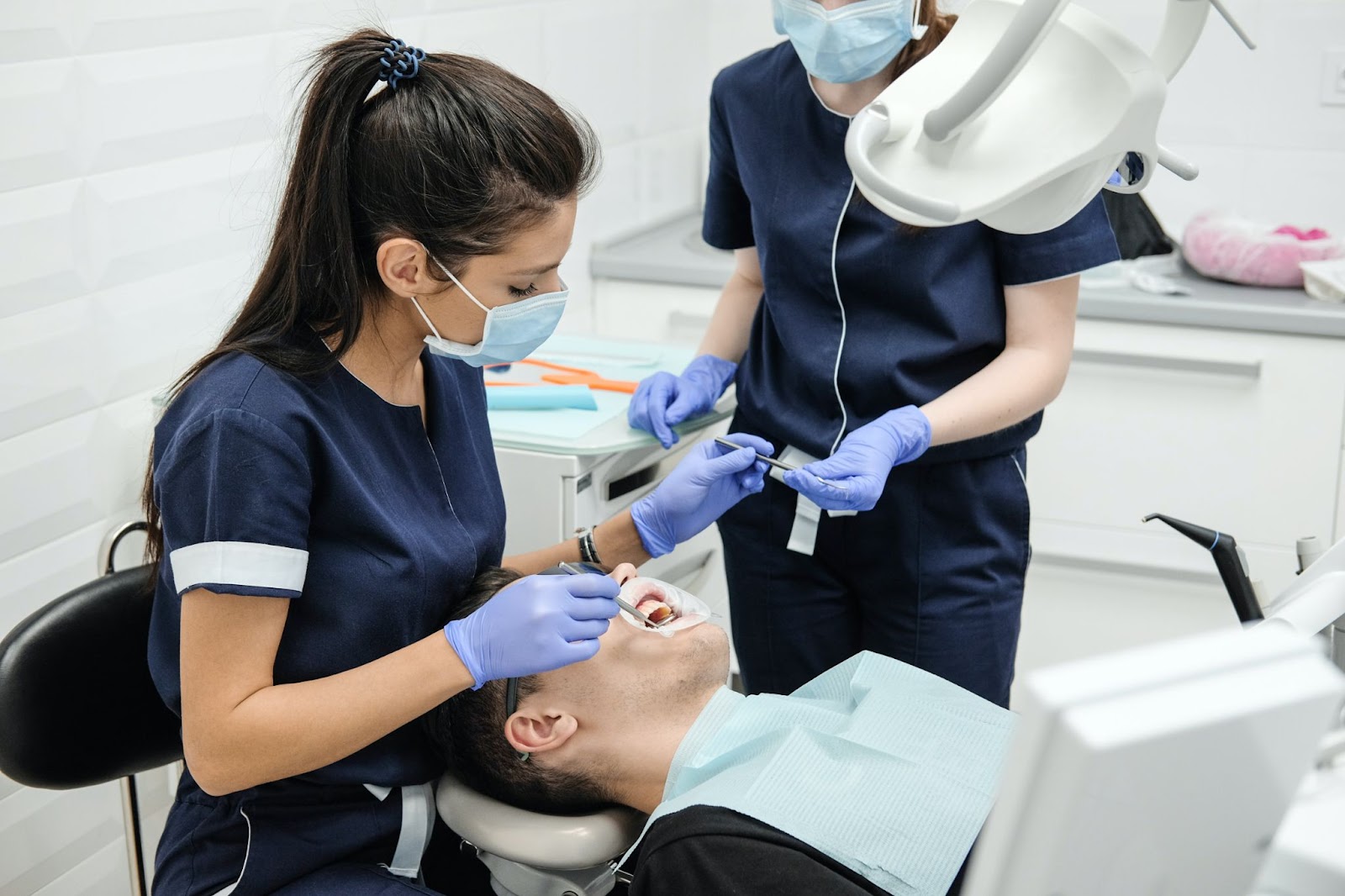





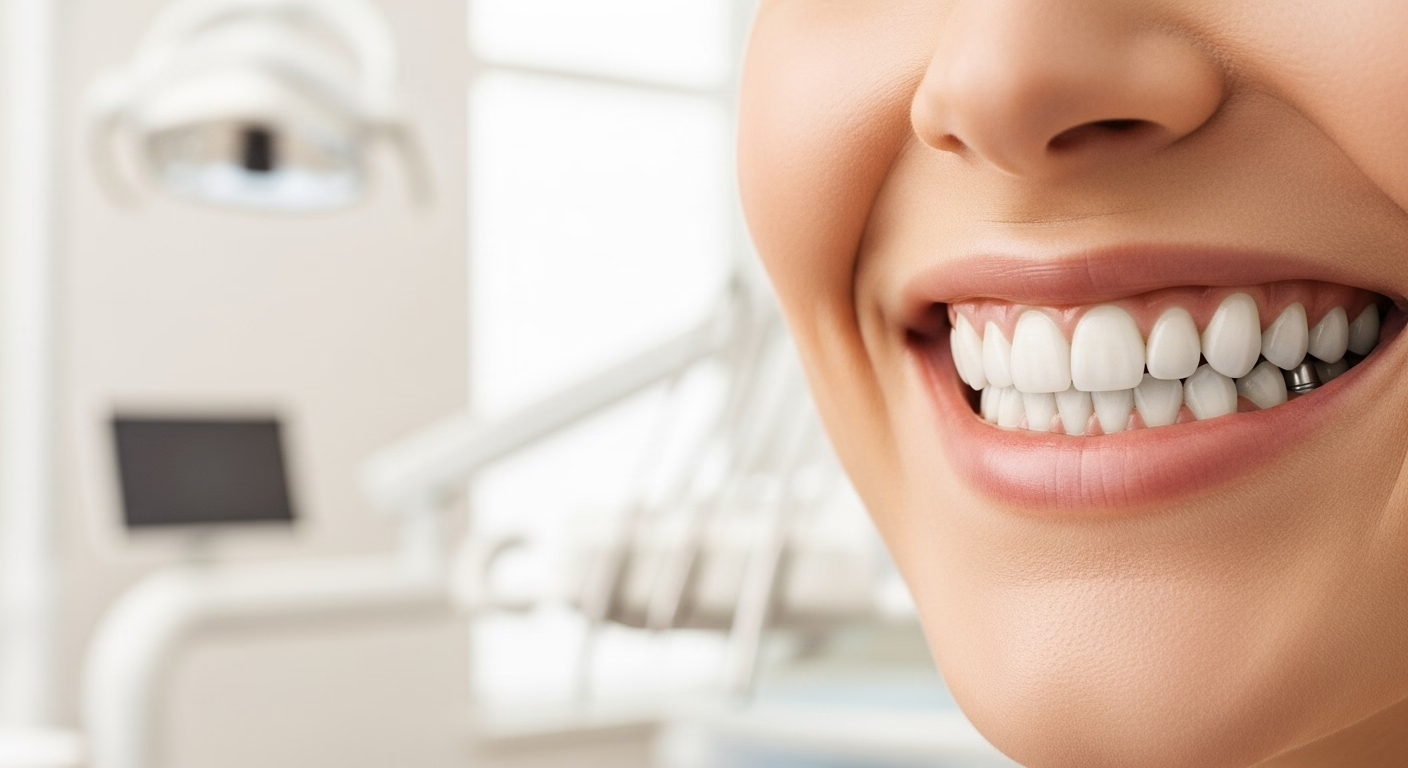
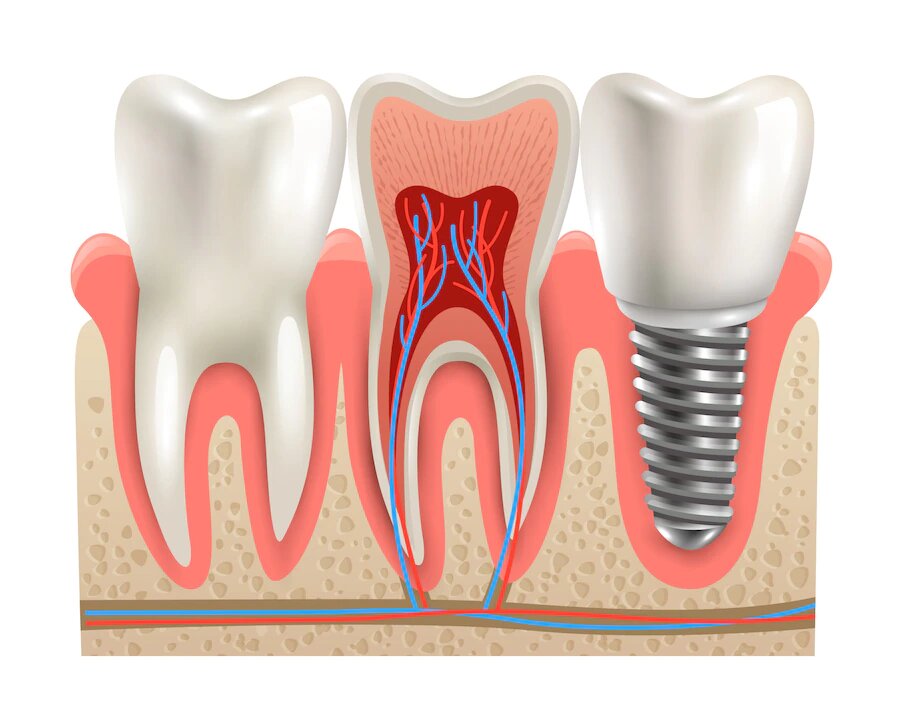










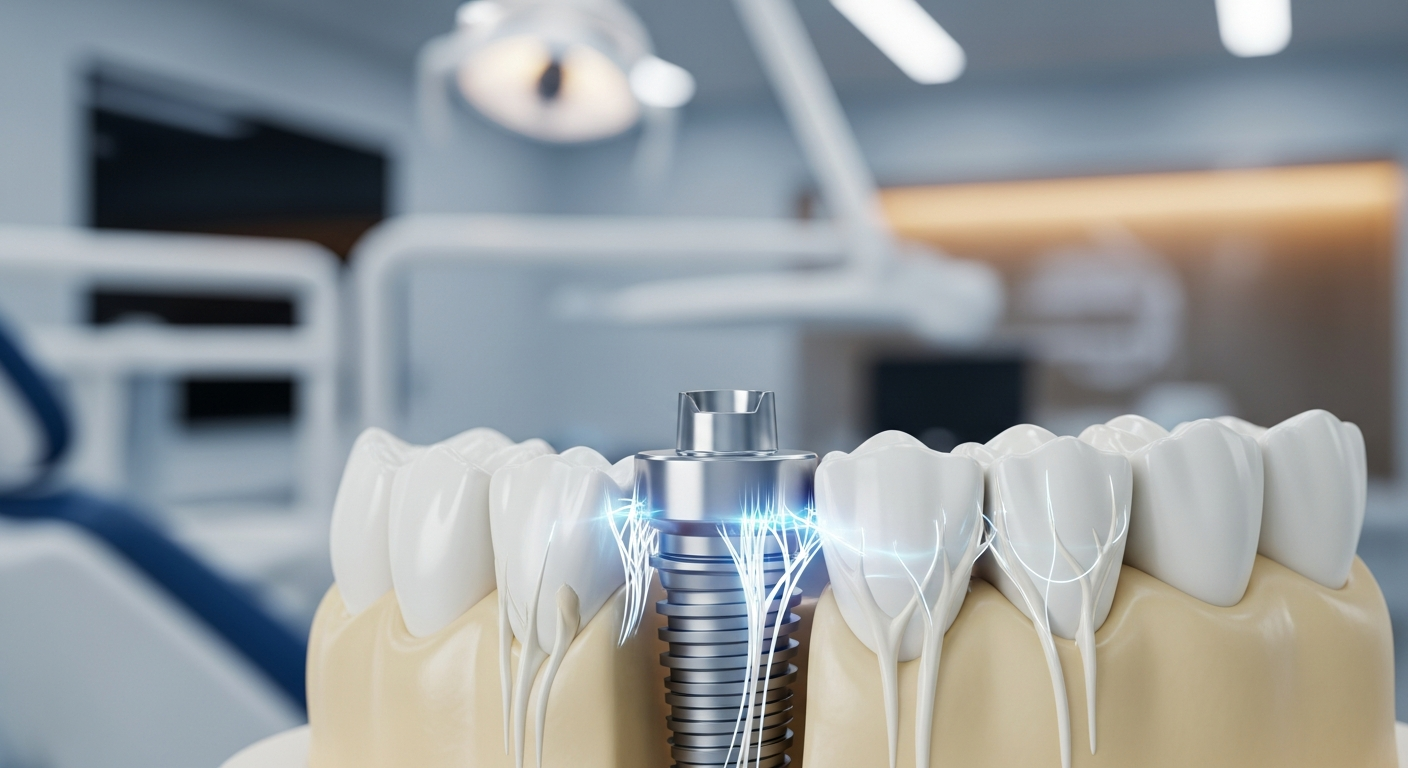





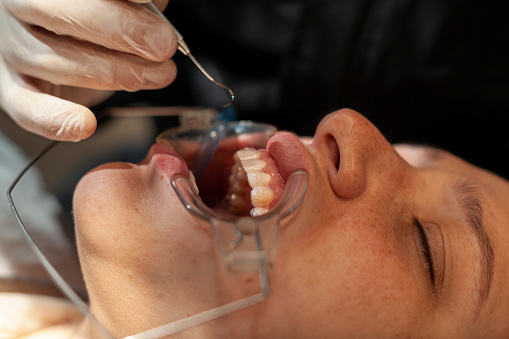

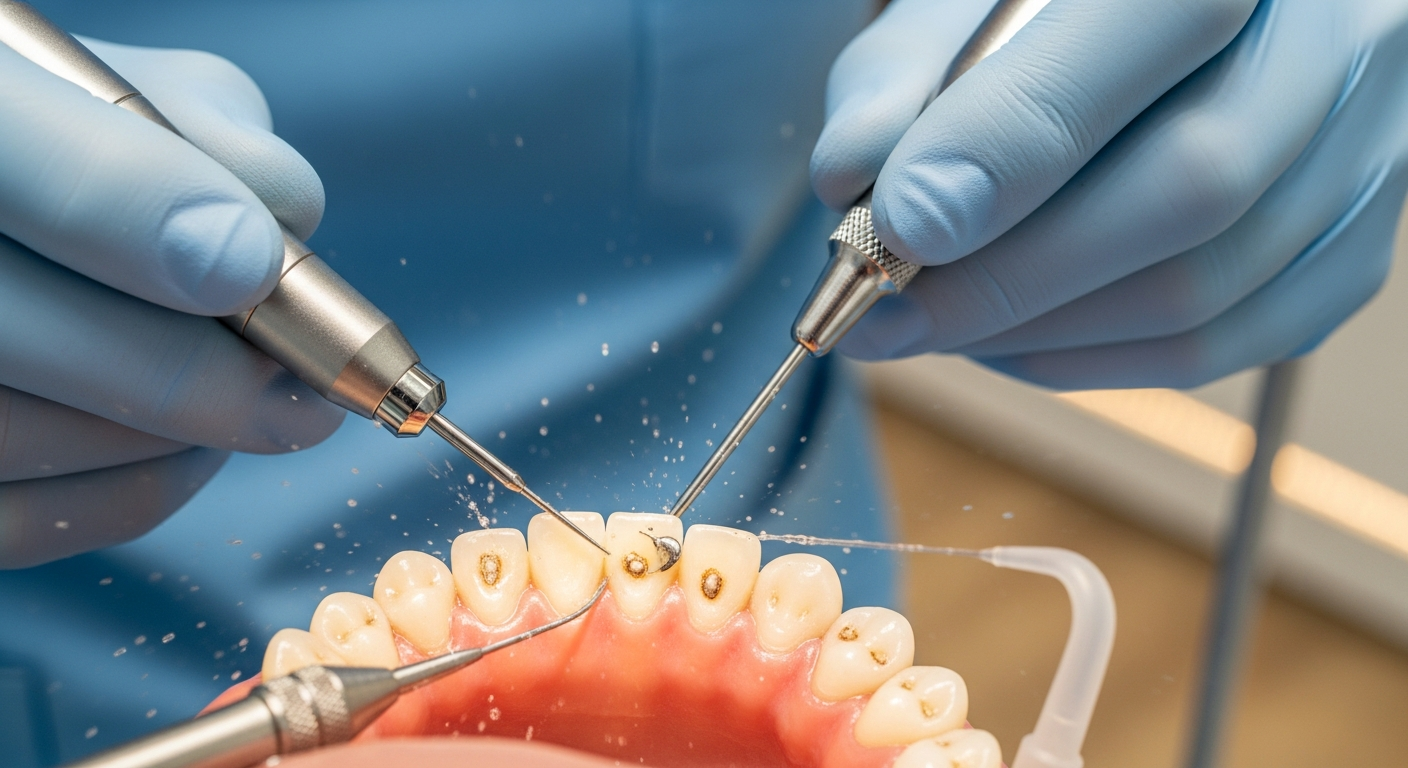

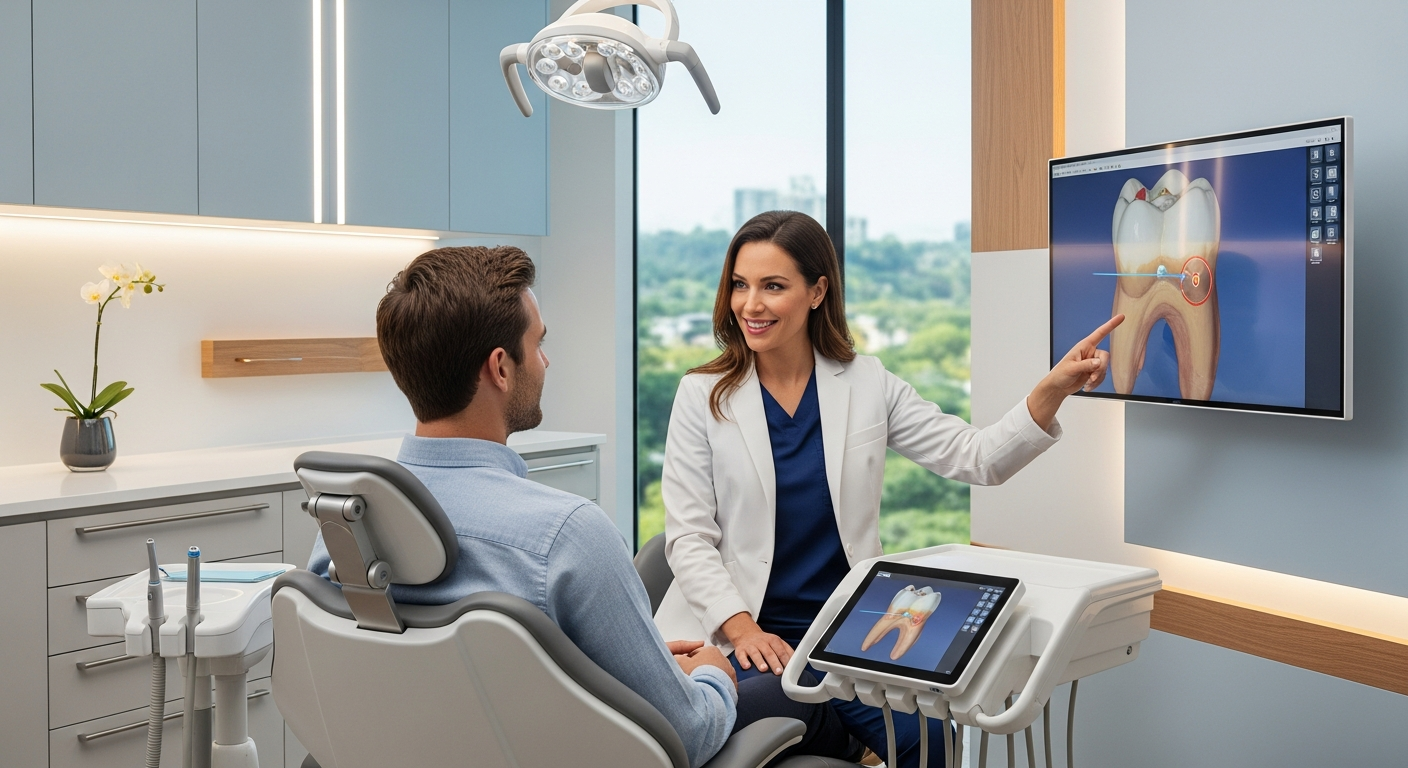
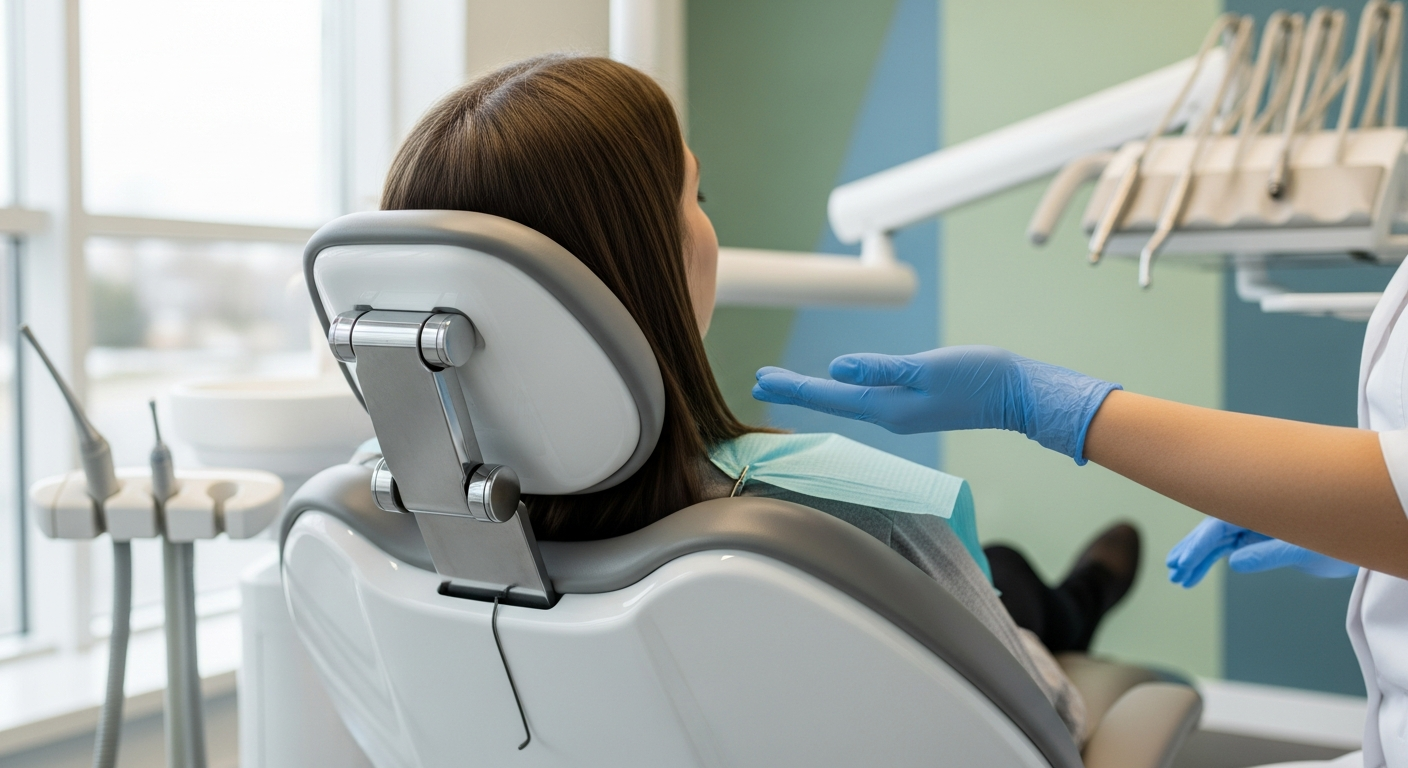

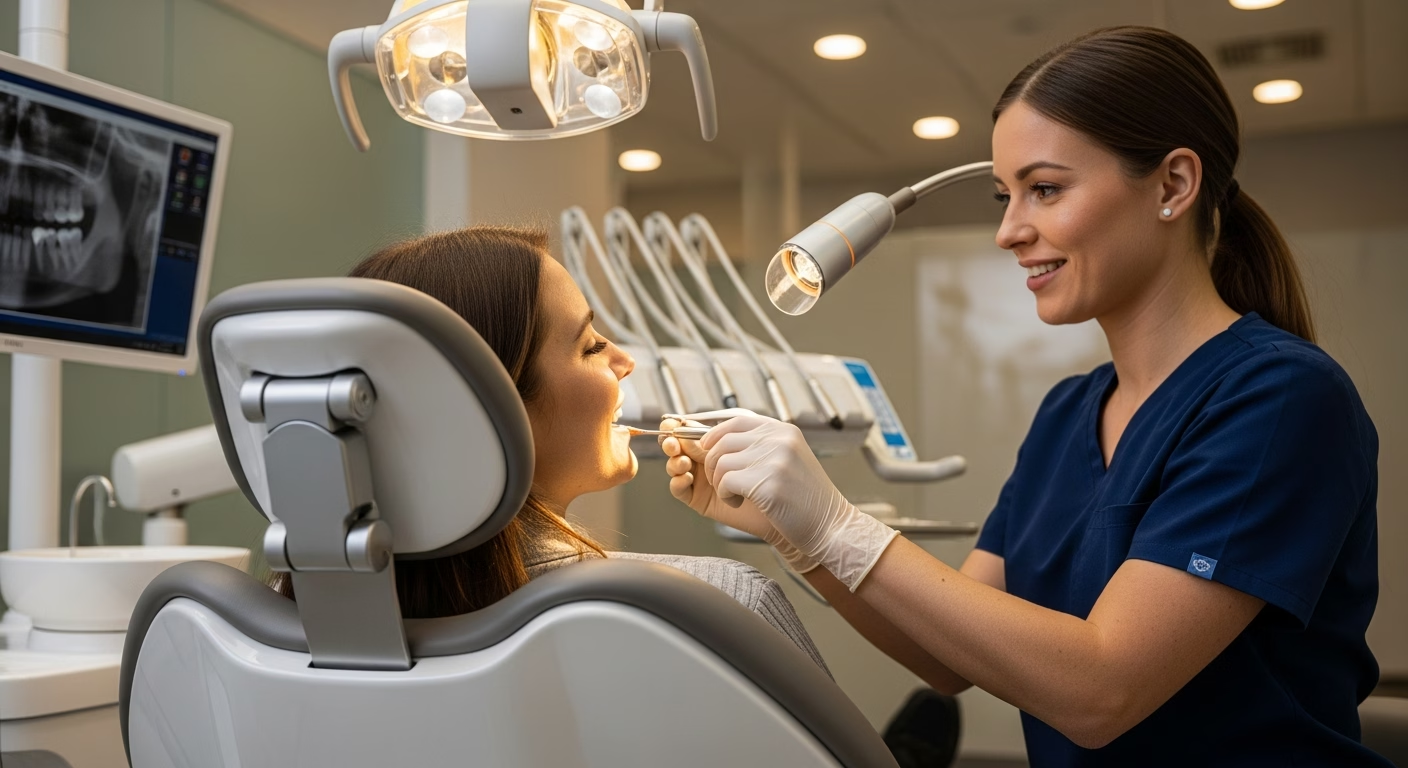
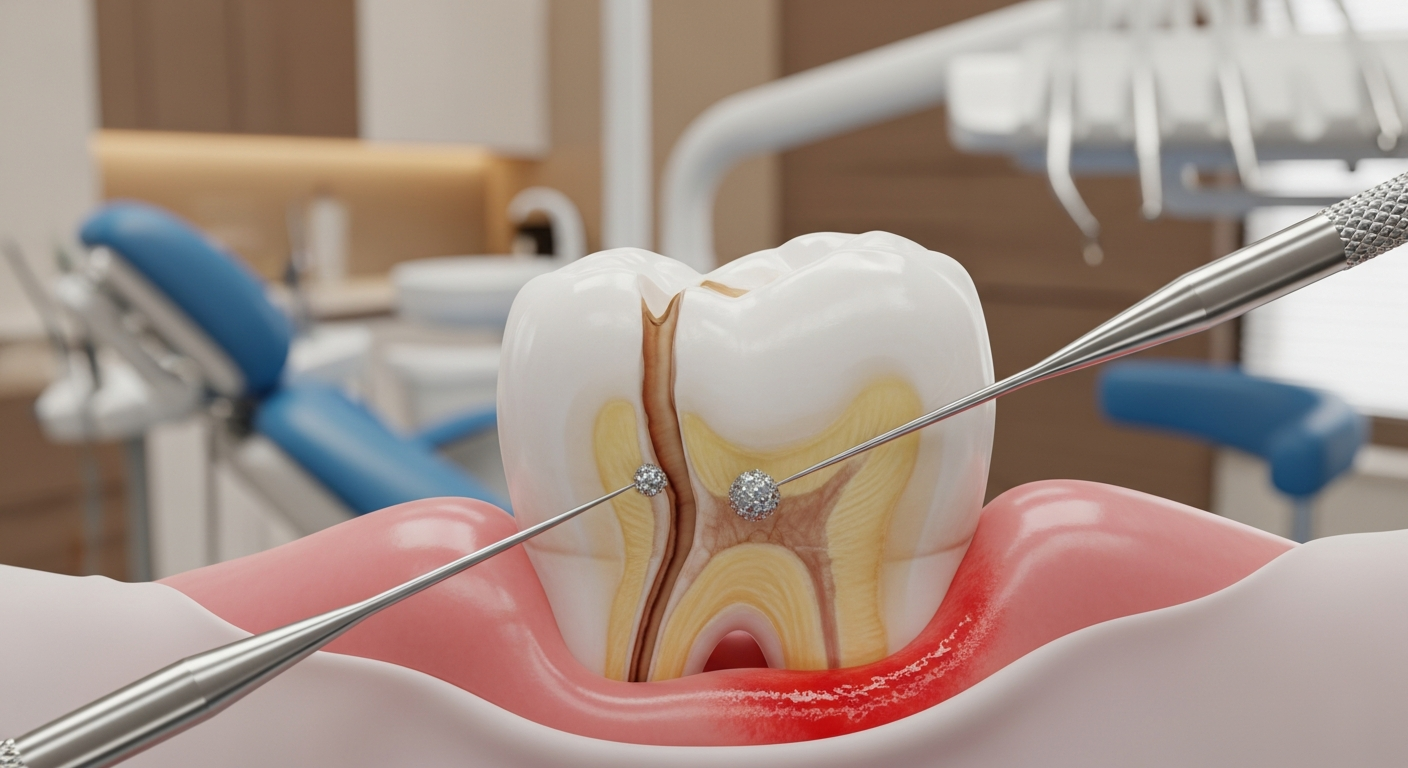




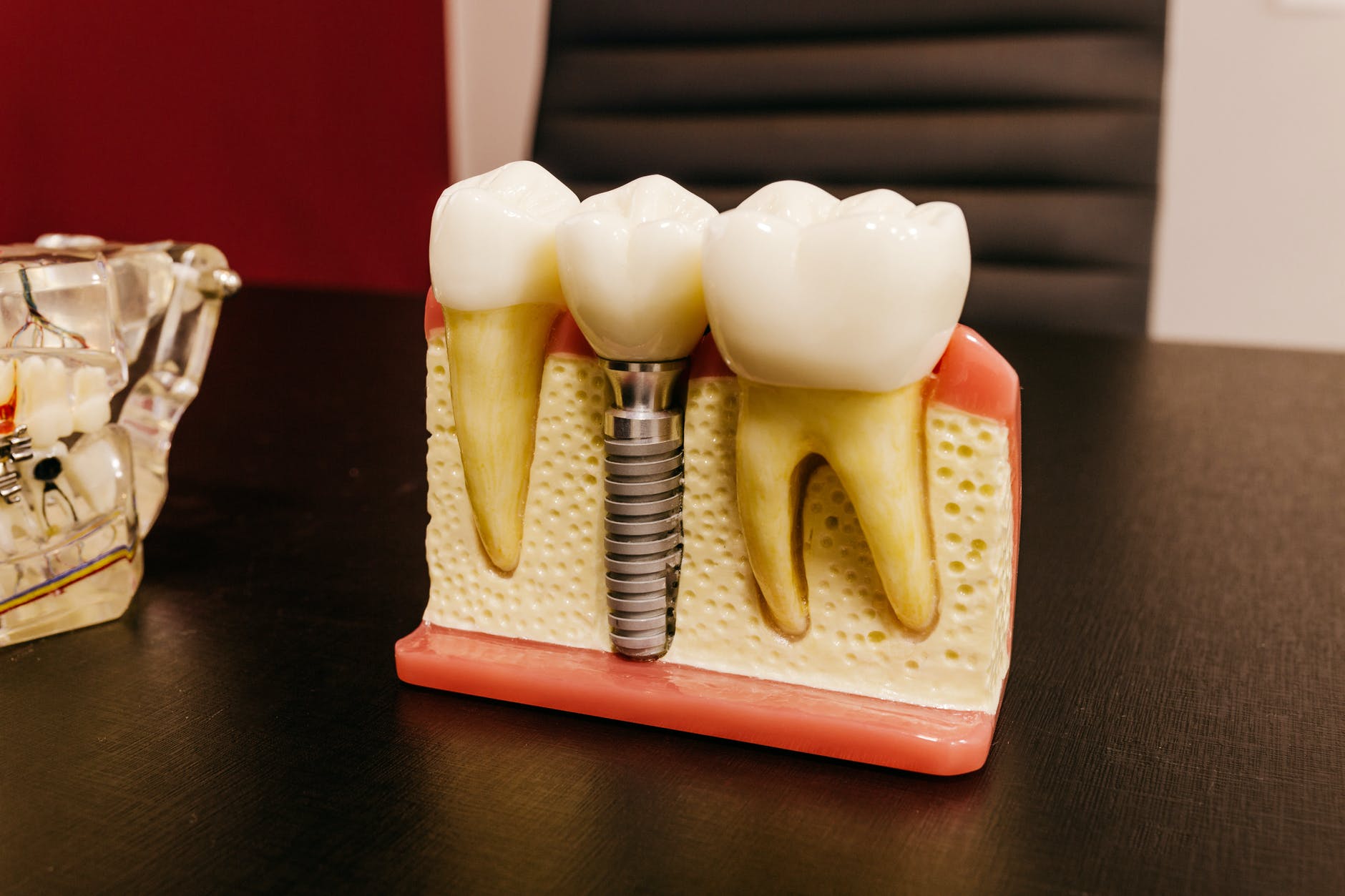


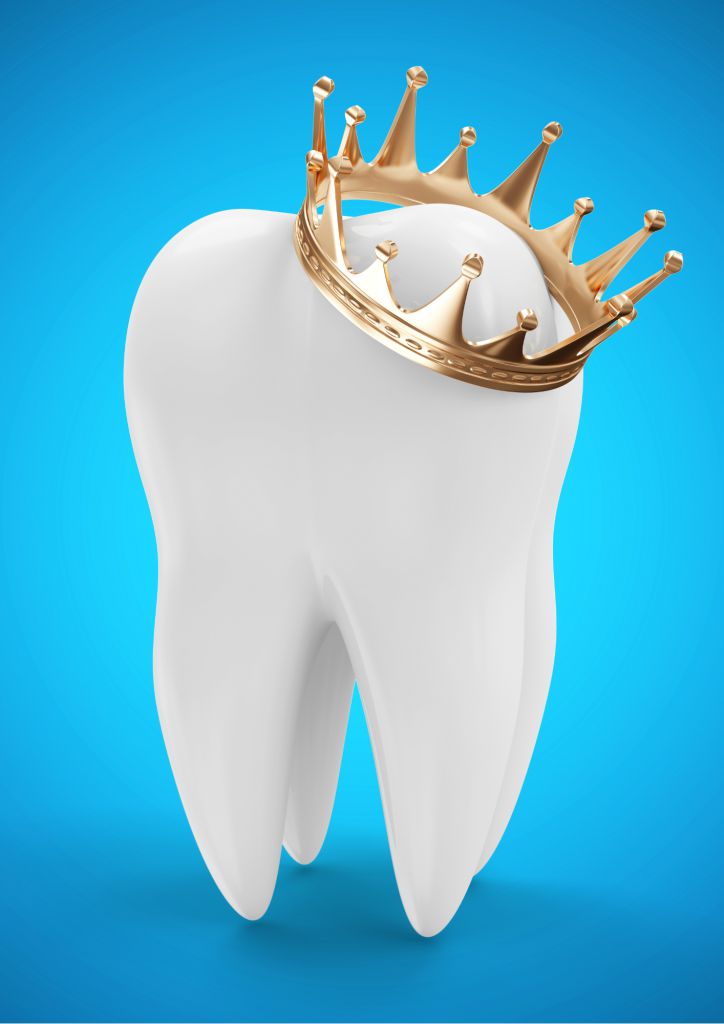



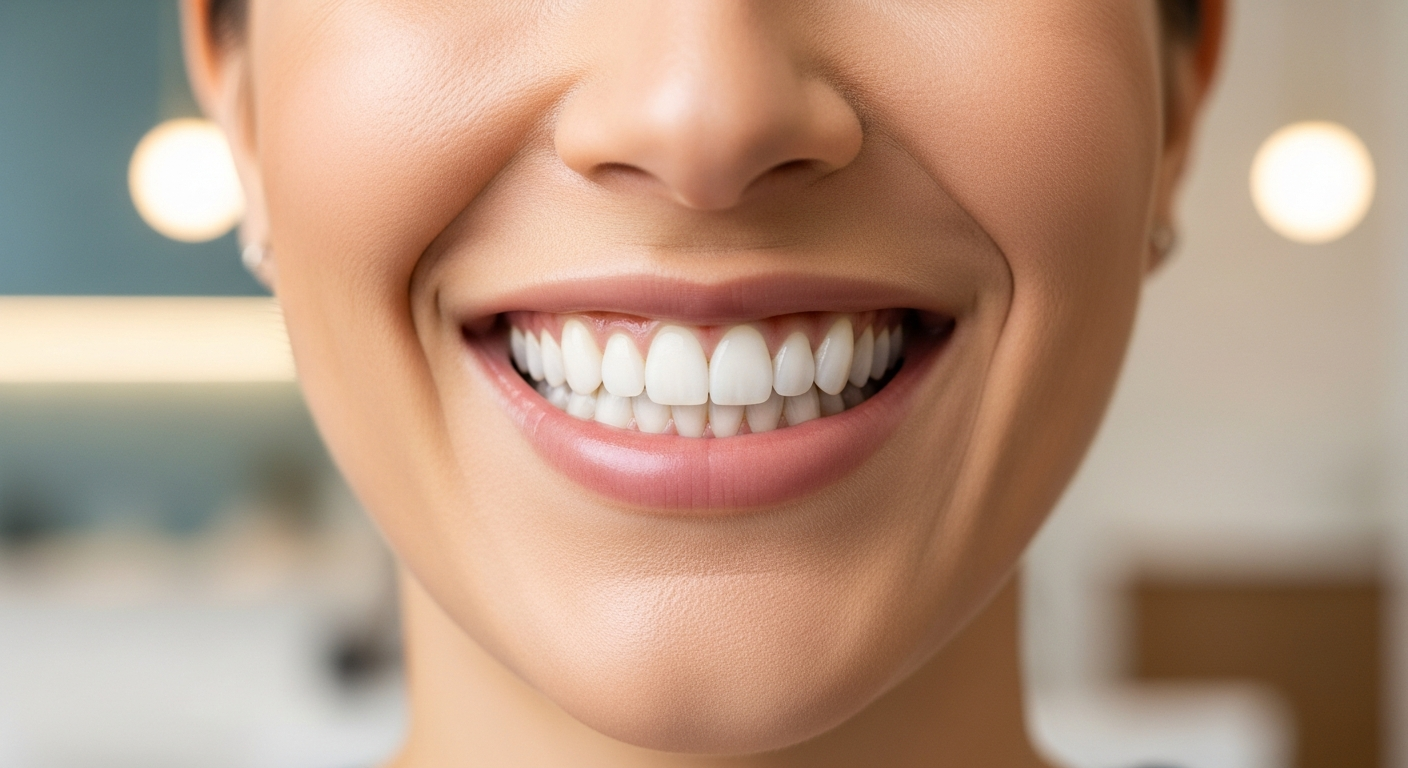



.avif)


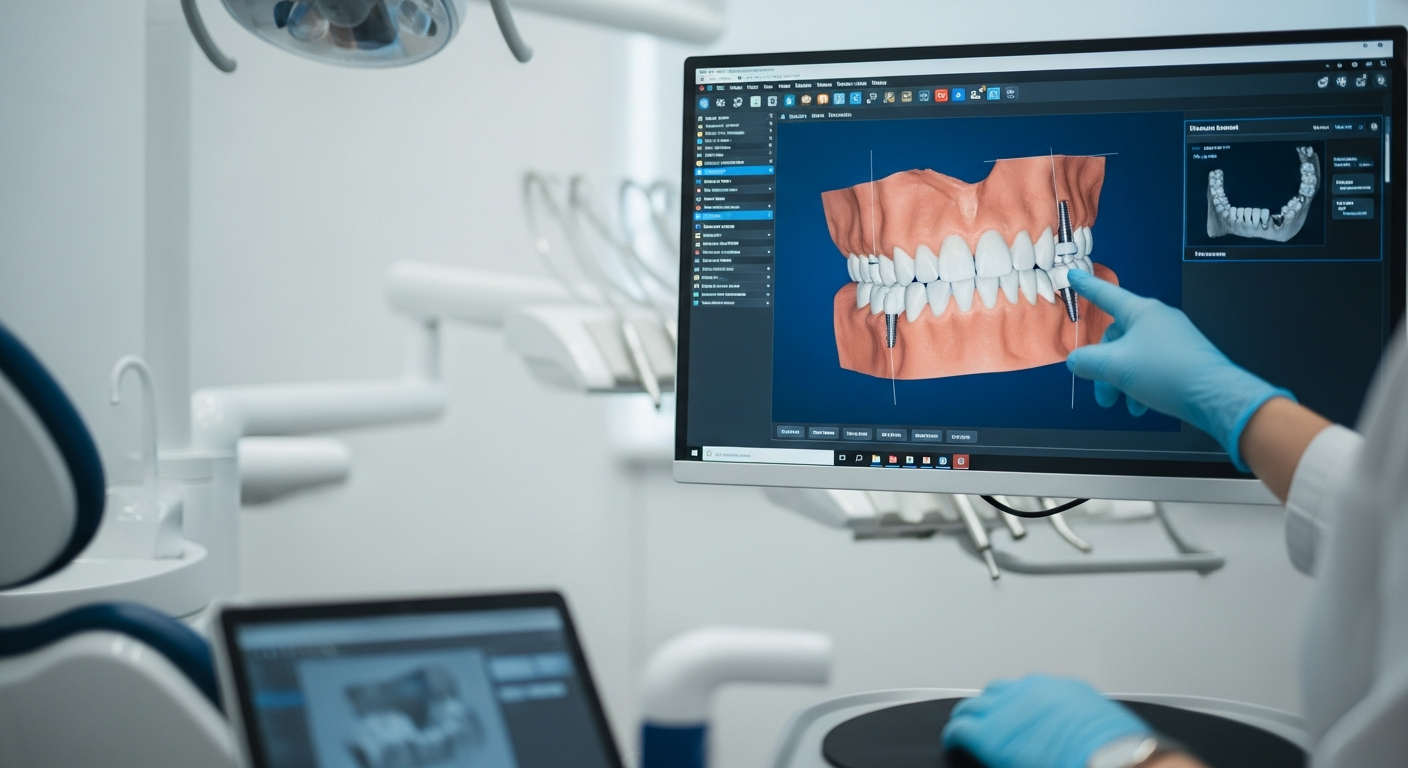




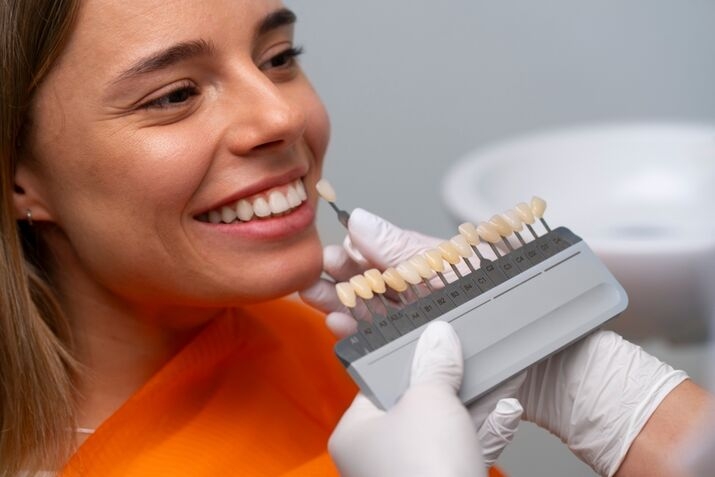
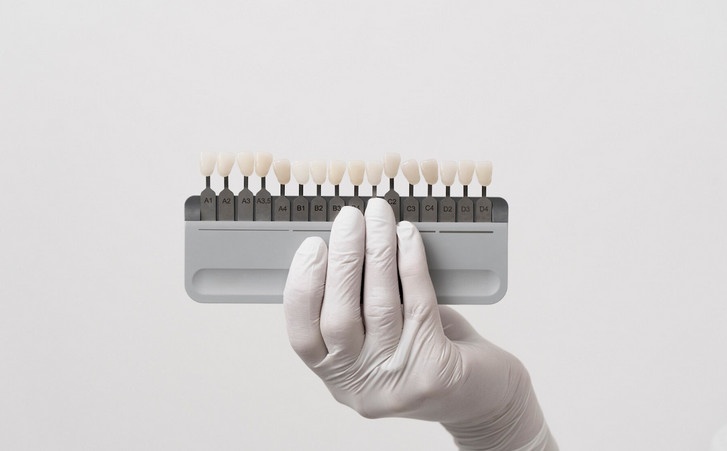

.jpg)


















.avif)


















.jpg)


